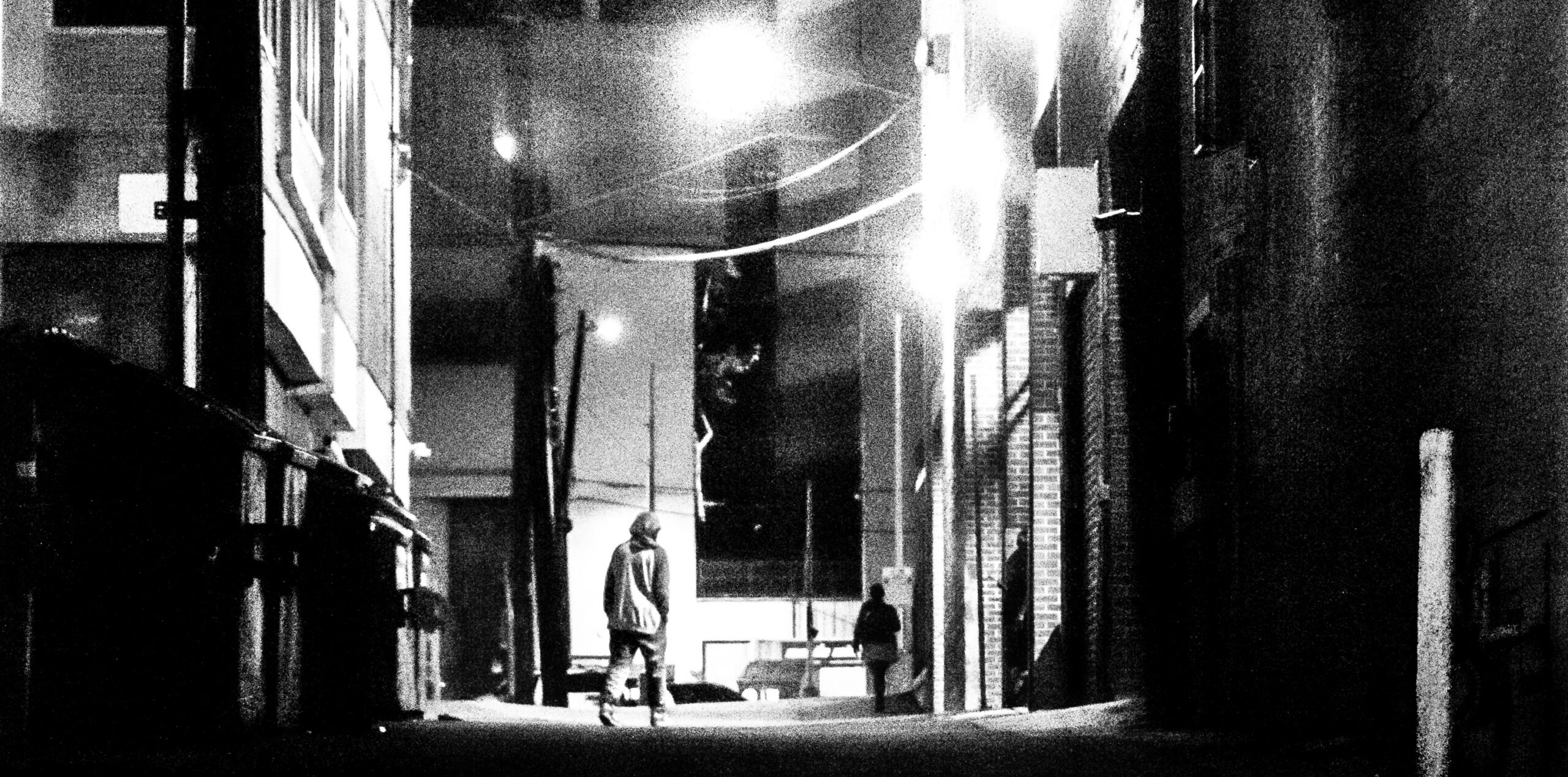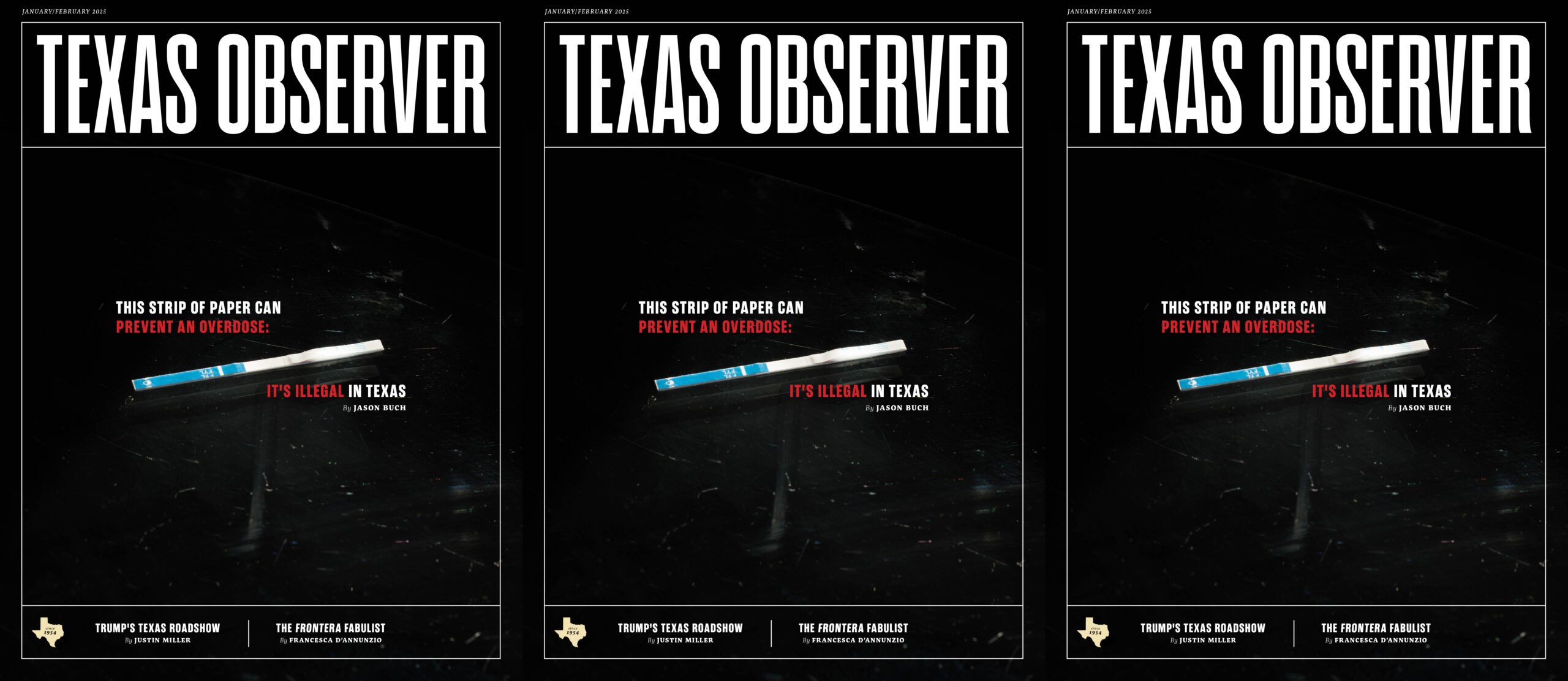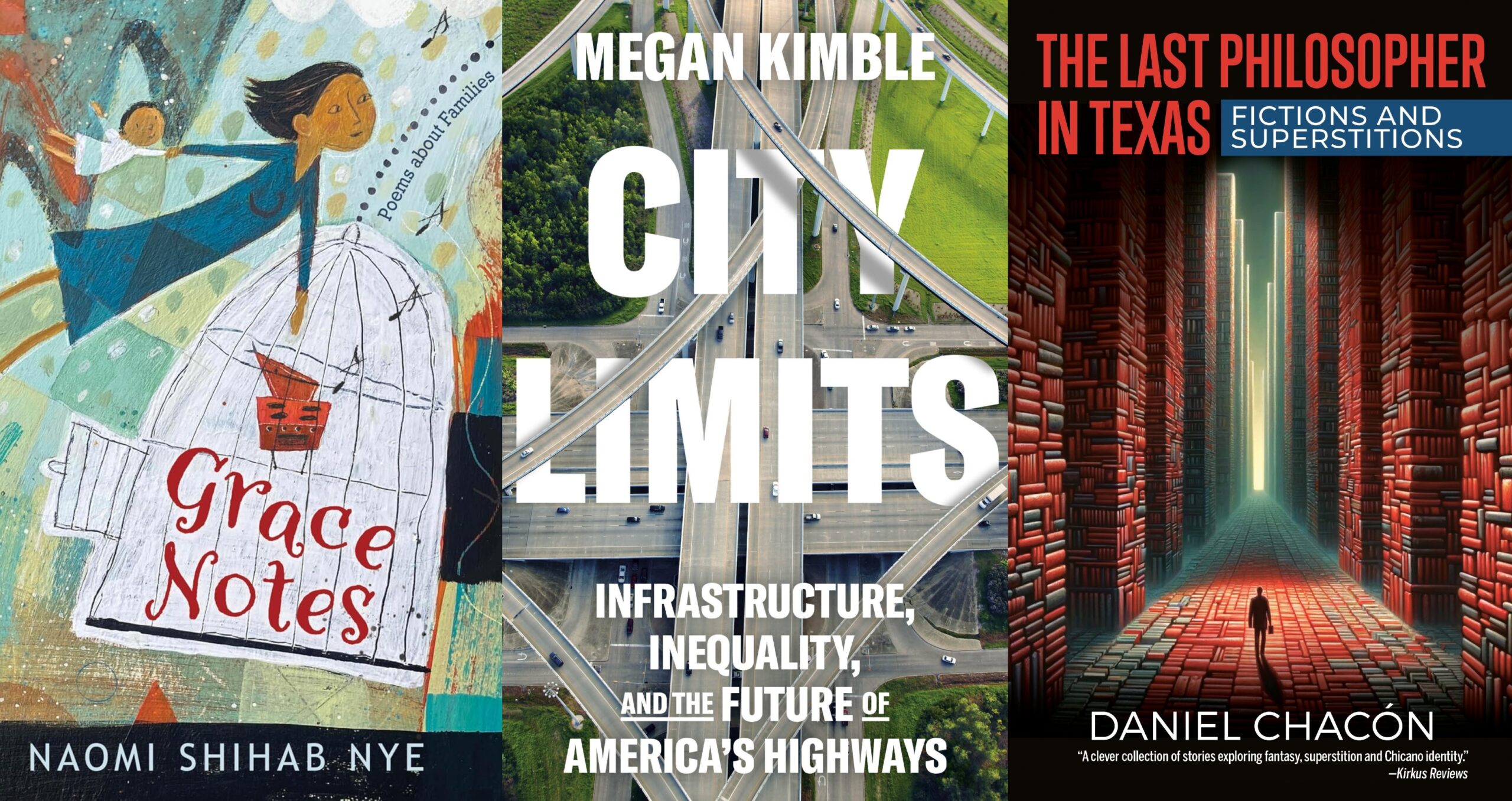George P. Bush: The ‘P’ is for Posiblemente

A version of this story ran in the September 2012 issue.
Your great-grandfather was a United States senator. Your grandfather was president. Your uncle was president. Your dad was a governor. You’re young, Hispanic, a veteran, handsome, well-spoken, coached by the best in the business. You speak Spanish and have degrees from Rice and the University of Texas School of Law. You’re the only male in your family who isn’t discredited, retired, senile, or dead.
For a decade you’ve enjoyed a sort of slow-motion coronation. For as long as you can remember, people have been whispering about your future. Congressman? Governor? President? Some call you “47.” You can’t help it—your name, it just rings out. George. P. Bush.
On the other hand, you haven’t even run for public office yet. You’re a 36-year-old private equity manager and inexperienced lawyer with a famous last name. It seems “P” stands for posiblemente.
You’ve been coy about entering “public service,” as you humbly refer to your family’s multi-generational accumulation of political power. “I’d love to keep the door open,” you told the Texas Tribune. “Politics is in my blood.”
By the way, what are your politics?
Even after the recent media hype, your beliefs are still a little fuzzy. Your interviews and speeches are almost always in soft-focus, replete with glittering generalities about leadership and blandishments about young people and Hispanics getting involved in the political process. On immigration, you’ve staked out a moderate if frustratingly nonspecific position. The GOP, you told reporters in July, needs to offer an “honest solution to the immigration problem,” one that recognizes the “need for labor in our country and the need of enforcing, for purposes of national security, our immigration laws,” according to The New York Times.
Your media appearances are brief and calculated. But occasionally a hard edge comes through. In August, you said on CNBC, “I don’t think austerity should be a bad word,” and urged the type of radical “entitlement reform” to Medicare and Social Security pushed by vice presidential pick Paul Ryan. And then, like that, the segment was over, and all we had was a parting shot of your pearly white anteriors.
You’ve been useful to the Republican Party as a recruiter and booster of Latino candidates. Through your Maverick PAC and the Hispanic Republicans of Texas, you’ve taken on the formidable task of bringing Latinos into the party. Incidentally, this work is also establishing a fundraising base and a network of supporters for you.
Your latest star turn will come in late August at the Republican National Convention in Tampa, Florida. With Uncle “W” unwilling to re-enter the “swamp” (his word) of politics, you’ll be the only Bush there.
“It will be fun,” you told The Dallas Morning News. “I’m just thrilled that I’m part of the effort to be involved politically at the national level through [Maverick PAC]. This has been a true labor of love.” This is the sort of thing you’re always saying—bland, vague, yet keenly aware of your own career arc.
But you’ll have competition from another up-andcoming Texas Latino. In Charlotte, North Carolina, at the Democratic National Convention, Julian Castro will be giving the keynote speech. Can he reprise the 2004 breakout performance of Barack Obama? As you know, Castro is the mayor of San Antonio, the seventh-largest city in the U.S. and the center of Tex-Mex culture. He’s 37, about your age; Harvard-educated; Catholic. Unlike you, his Spanish-language abilities are minimal.
His name has been bandied about—in The New York Times Magazine, no less—as potentially the first Latino president. Though his mother is a lefty Chicana activist who helped launch La Raza Unida in San Antonio, his politics are mostly middle-of-the-road, pragmatic, business- friendly. One of his big initiatives—building a “new energy economy” from the ground up—relies as much on harnessing cheap, fracked natural gas as on a bold push into wind, solar and energy efficiency. The plan largely turns on the top-down decision-making of CPS Energy, the city’s giant utility. Frankly, it’s Obamaesque: forwardthinking but technocratic, potentially transformative but also arguably a half-measure.
To expand pre-kindergarten for 22,000 kids in San Antonio, Castro is asking voters to approve a oneeighth- of-a-cent sales tax hike. I know what you’re thinking: big city mayor proposing a tax increase in Texas? In the age of austerity? Bold move.
It’s politically risky, maybe, but at least Castro has staked out positions. He stands for something.
What’ve you got?


